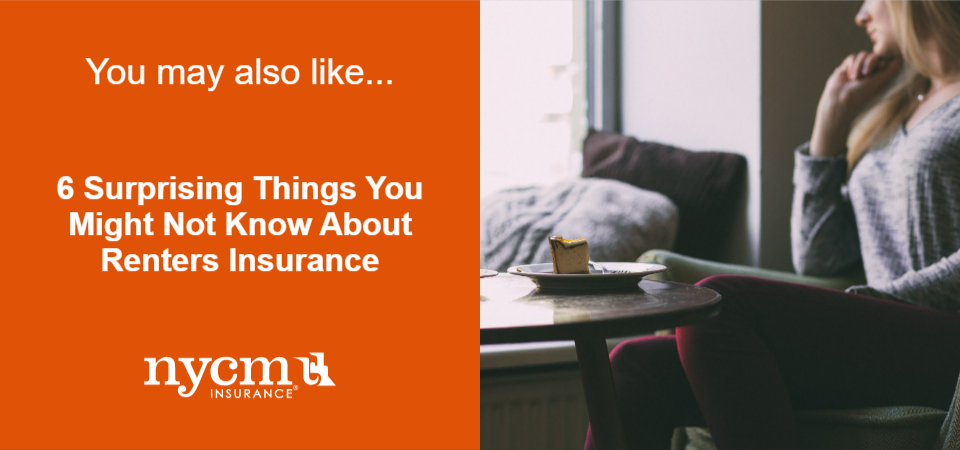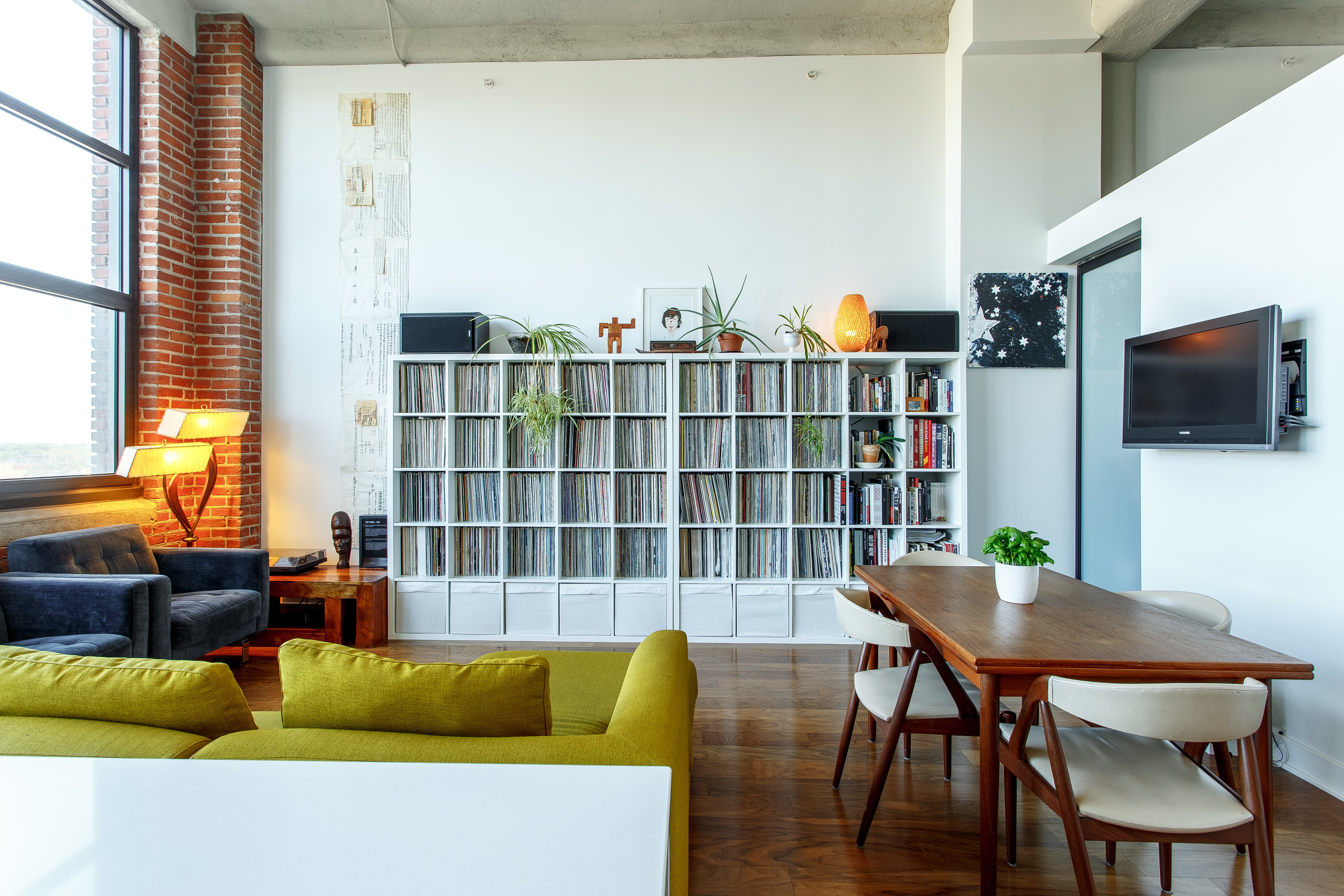Beginners Guide to Renting Your First Apartment
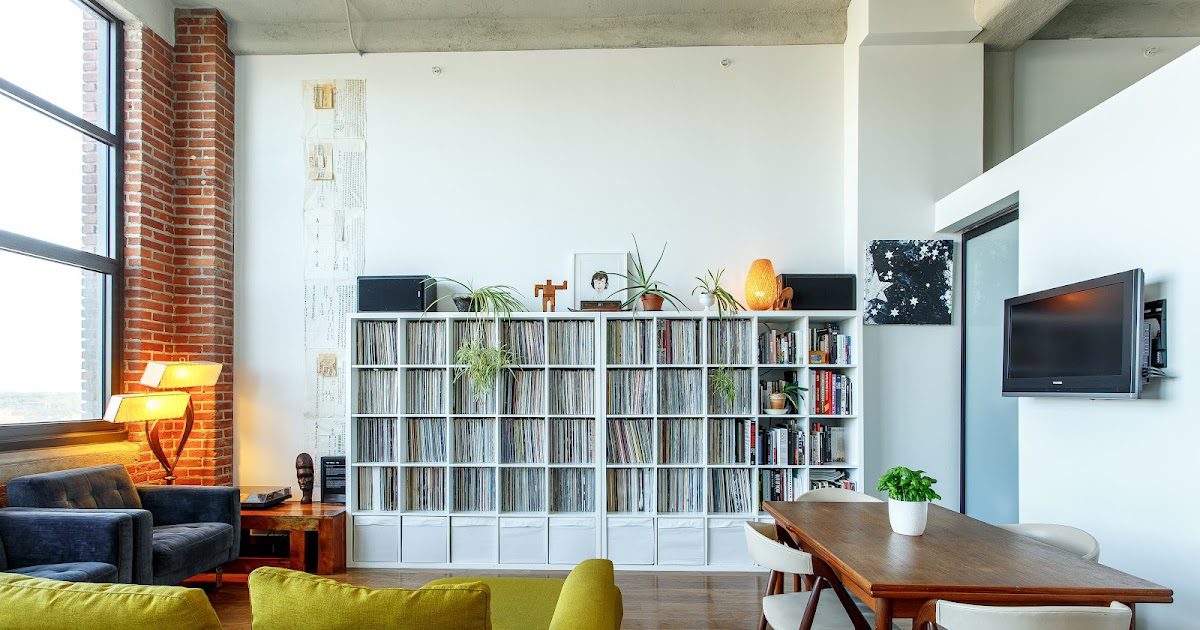
How
to Find the Right Apartment
Moving into your first apartment may seem like an overwhelming
undertaking at first glance. There can be a lot to learn as a first time renter including where to start to find the
right apartment, how much you can expect to pay for rent, what utilities and
services you require, and what is renters insurance.
But don’t panic! Renting a new space and
making it your own is also an exciting chapter and rite of passage in one’s
life. With a little bit of research and patience, you’ll be able to make an
informed decision and set yourself up for success. Continue reading for our
guide to renting your first apartment!
Create Your Budget
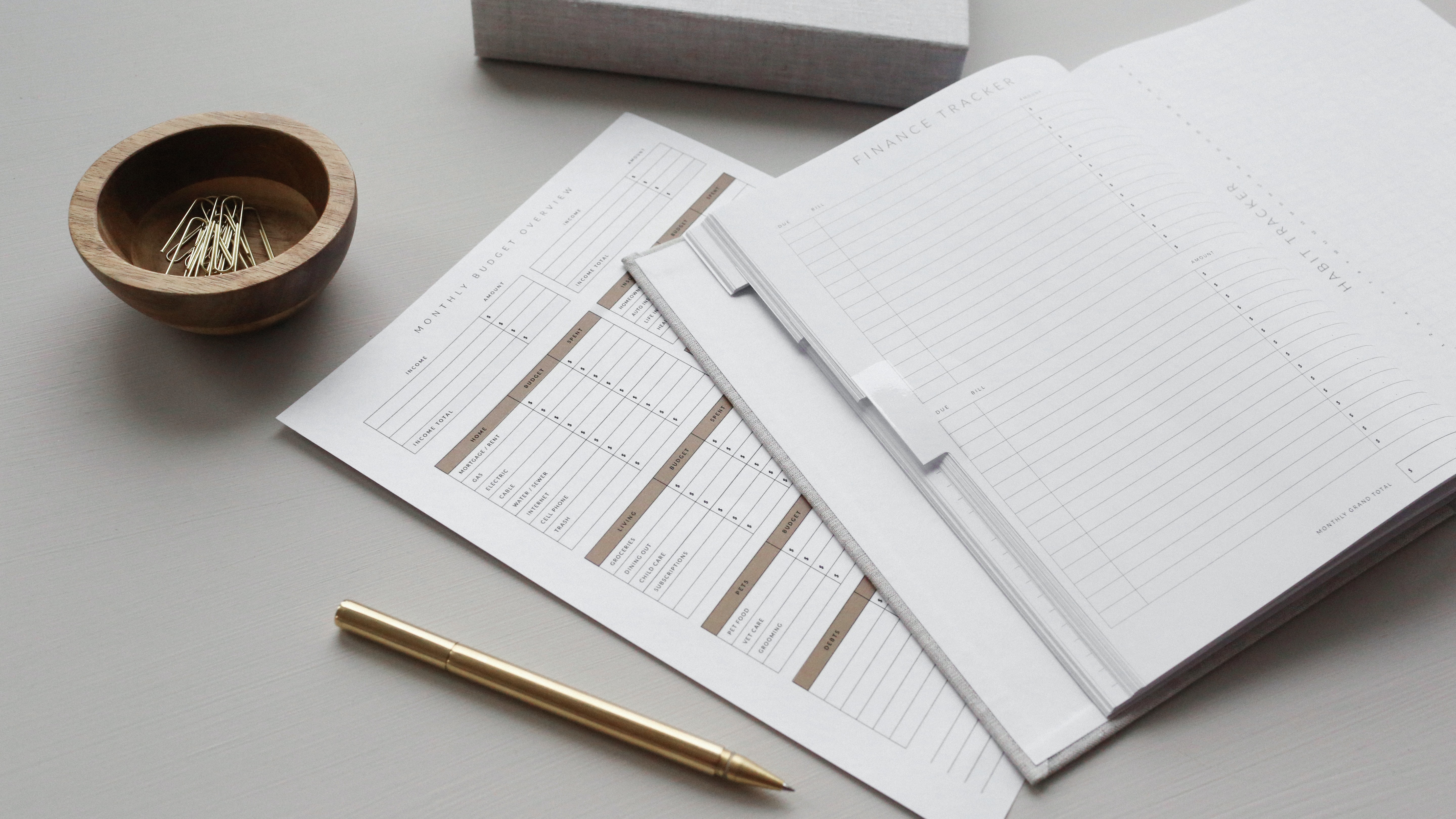
The first step in moving on to your own place
is establishing a budget to see what you can afford. Grab a
piece of paper and calculate your monthly income on the left side. On the right
side, take note of any recurring expenses and bills, like a phone bill, as well
as any expected future expenses, like internet and utilities, and add them up. Once
you’ve established how much you’re earning versus how much you’re spending on a
month-to-month basis, you can have an idea of how much money you have to work
with to pay for rent.
It’s important to note that different landlords may include different services in
your lease. As a result, things like electricity, trash removal, heat, and the
internet may either be included in the price of your rent, or in addition to.
Remember this when you’re making your budget and deciding how much you can
afford to pay in rent.
While there can be no way to prepare for some
events, try to factor in unexpected expenses that could occur, like potential vehicle repairs or medical bills when
establishing your budget, to avoid ending up in a financial hardship. It’s also
good to save where you can; even if you can afford a
lavish apartment, you may thank yourself down the road for choosing a more modest
option.
Pick a Location

Once you’ve established your budget, next you
can decide where you’d like to live. There are a number of online tools you can
use to find available apartments and houses for rent in a given location, and you
may also have success finding vacant rental properties on social media or in
classified advertising.
You will want to consider how much space you
require when evaluating your options, including the number of beds and baths in
the household. It’s likely that the bigger a rental unit is, the more expensive
rent will be. And while you don’t want to end up renting a unit that’s
insufficiently spaced for your needs, you also don’t want to end up overpaying
for space you don’t need.
Also consider the distance of different
rentals from places you frequent in your life, like your workplace, grocery stores and restaurants, businesses you
like to patronize, and friends and family with whom you spend time. Would the
location of your new residence be a help or a hindrance to your everyday life?
Determine Wants Versus Needs

Different apartments and landlords will have
different rules pertaining to their units that will directly affect your
experience as a tenant. Before you go searching through
listings, determine the characteristics you want
in an apartment versus those that you need
in order to live comfortably and feel at home.
Do you have a pet who’s going to be making the
move with you? Determine beforehand whether a pet-friendly apartment is a want or a need
before you evaluate your options. Do you have a vehicle that requires a certain
kind of storage for your own peace of mind? You may find that a secure garage
is a key feature you’re looking for in your new rental home. Do you need the
privacy of a standalone unit, or is a shared apartment building okay for your
living situation? By answering these questions now, you can set your standards
to sift through the listings with ease and find the apartment of your dreams!
Tour & Explore Your Options
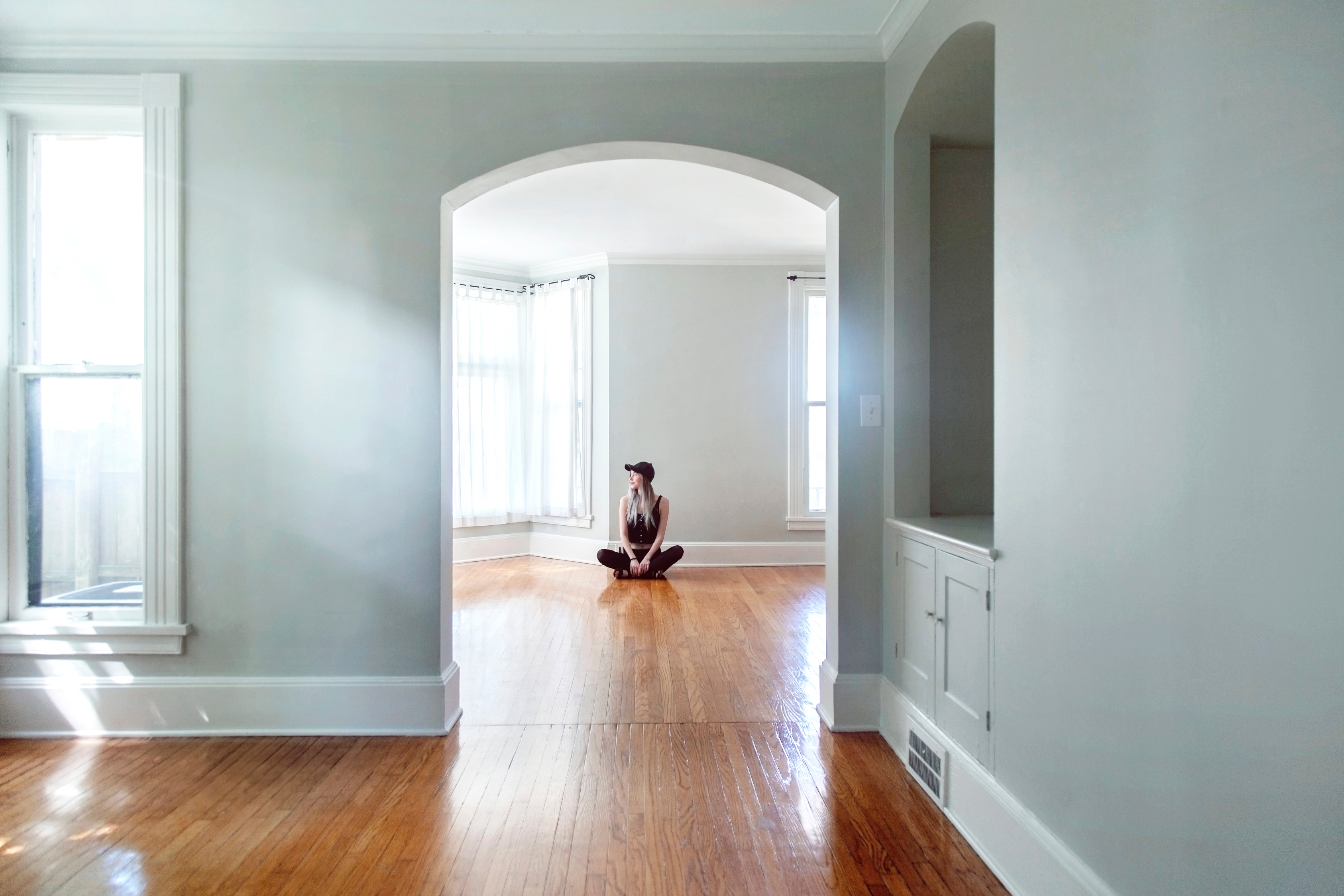
Once you’ve found a listing that fits your
standards and budget, you may feel inclined to sign the lease and get moved in as soon as possible.
But it’s important not to jump into something as serious as signing a lease so
quickly, and you should take the time to explore multiple options if you have
them available to you to make the best decision possible.
Arrange a time to tour the apartments you like
with the landlord and try to weigh the pros and cons of your options. Remember
to consider the price of rent, the location, the terms of the lease, and your overall feel for
the place. When you’re touring the apartments, ask yourself, ‘Can I make myself
at home here?’
If the answer is no, take your time and find a
place where you can feel excited about starting your next chapter. When picking
out a new rental which will ultimately serve as the
place you spend most of your time, don’t rush yourself. Moving into your own
apartment is a momentous time; don’t feel like you need to rush!
Don’t Forget Renters Insurance!
When you’ve settled on a place and are
prepared to sign your lease, remember to purchase Renters
insurance to protect your belongings! Some landlords may require
renters insurance in order to move into a unit, but a tenant should consider
purchasing renters insurance anyways because it protects your property anywhere
at an affordable price.
On average renters insurance is roughly $15 a
month and offers worldwide coverage, meaning that your personal belongings are
protected globally, no matter where you are. If your iPad is stolen out of your
car, for example, you can be reimbursed for the cost of that iPad after your
police report and claim have been filed (unless specifically excluded).
Renters insurance offers more unexpected
benefits at a low-cost. Click below to read about six surprising things you
might not know about renters insurance!